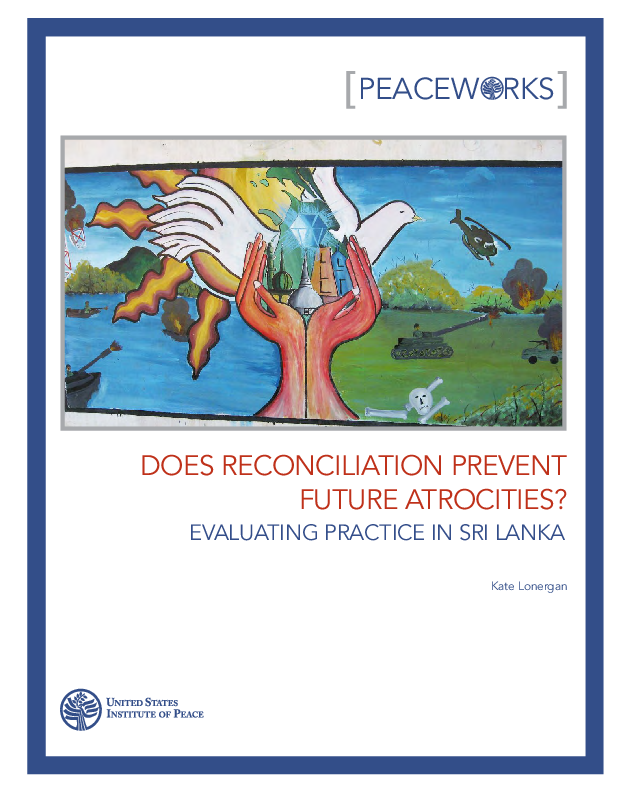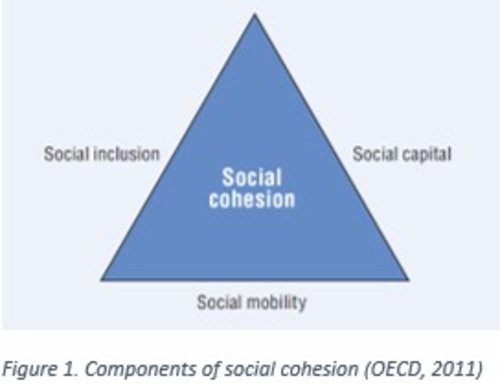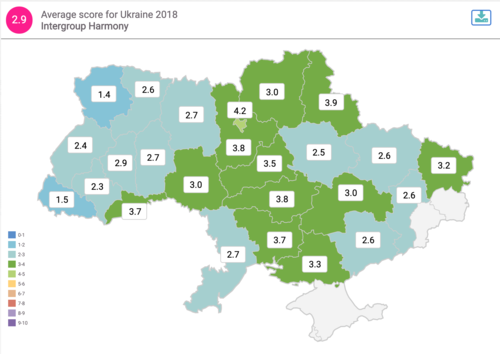Back to Results
Does reconciliation prevent future atrocities? Evaluating practice in Sri Lanka
Key facts
Type of publication
Technical/Evaluation report
Elements of social cohesion
Trust
Identity/feeling of belonging
Participation
Tolerance
Identity/feeling of belonging
Participation
Tolerance
Geographical focus
Sri Lanka
Main thematic areas
Conflict & peacebuilding
Summary
Reconciliation and atrocity prevention are often assumed to complement and reinforce each other in peacebuilding. Evidence shows that countries with a violent past are at increased risk of future atrocity, and reconciliation practice seeks to build relationships destroyed by violence. The logic of atrocity prevention through reconciliation in countries that have previously experienced widespread violence remains largely untested, however.

Download




